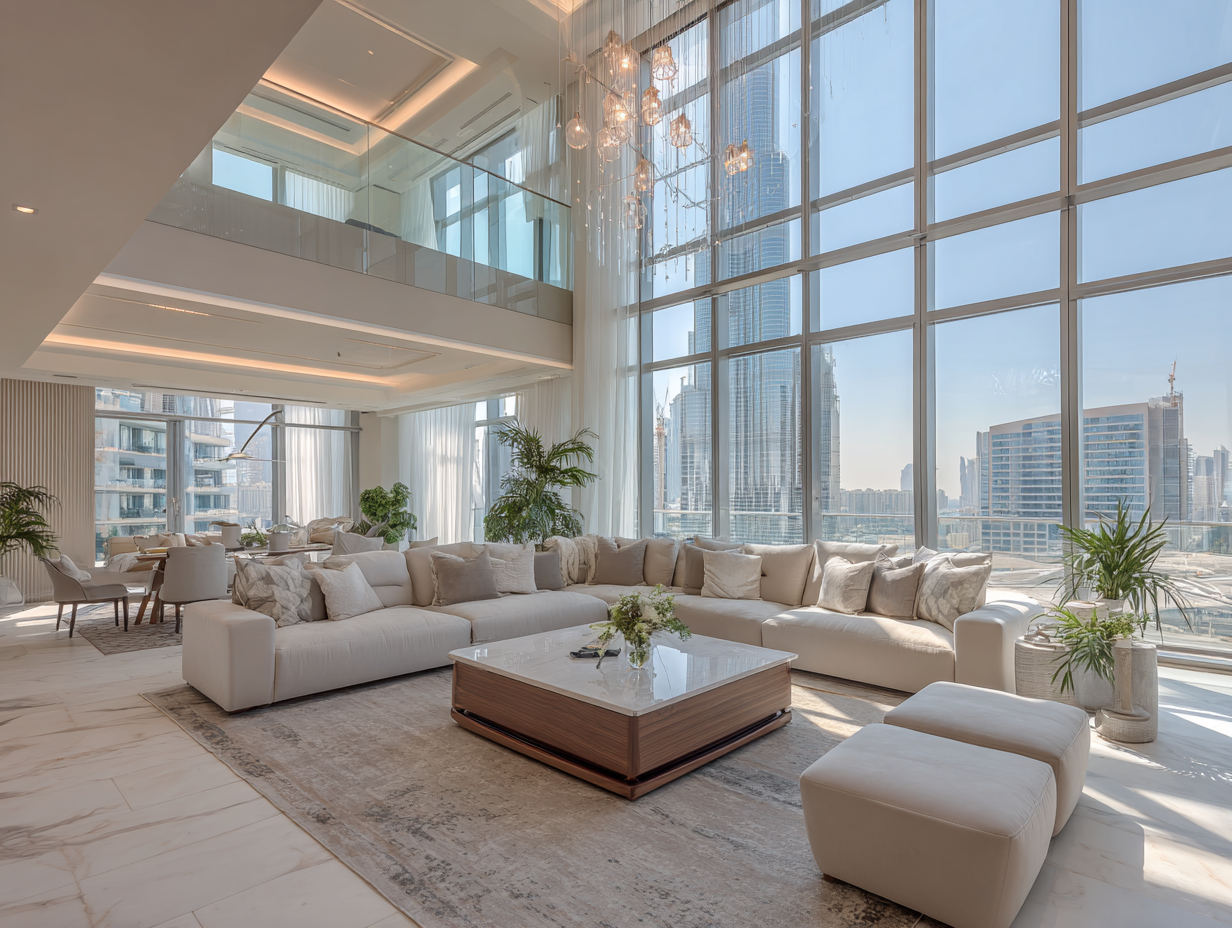Introduction – The New Era of Property-Linked Residency
For many European investors, the United Arab Emirates is more than just a place to diversify real estate portfolios—it’s a gateway to residency, business opportunities, and tax efficiency.
In recent years, the UAE government has introduced property-linked visa schemes that allow foreign buyers to obtain residency by investing in real estate.
This policy shift has positioned the UAE as one of the most attractive global destinations for investors seeking both asset growth and lifestyle benefits. At Invest in UAE, we help first-time and experienced investors navigate this lucrative intersection of property ownership and immigration privileges.
1. Understanding the Property Visa System
The UAE offers several residency visa options for foreign investors who purchase property meeting specific criteria. For example, buying a property worth AED 2 million or more in designated areas can make investors eligible for a Golden Visa, offering residency for up to 10 years.
According to the UAE Government Portal, eligibility criteria vary depending on the emirate, property value, and the visa category applied for. The key attraction? The ability to live, work, and study in the UAE without needing a local sponsor.
(Breather) – Invest in UAE works with trusted legal and immigration experts to ensure property investments meet visa eligibility requirements without hidden risks.
2. Why This Policy Works – A Strategic Wealth Management Tool
Linking property purchases to residency rights is not new—countries like Portugal and Greece have similar “Golden Visa” programs. However, the UAE’s appeal lies in its tax advantages, strategic location, and business-friendly environment.
European investors, particularly from high-tax jurisdictions, see this as an opportunity to optimise their wealth management strategies.
Owning property in the UAE offers:
- Zero income tax and no capital gains tax.
- Access to a growing real estate market with historically strong capital appreciation.
- Residency rights that extend to immediate family members.
For a deeper understanding of market appreciation trends, see our article Which UAE City Has the Highest Capital Appreciation Potential?.
3. The Most Popular Emirates for Visa-Linked Property Purchases
Dubai – The Global Hub
Dubai leads in foreign property transactions thanks to its cosmopolitan lifestyle, diverse housing options, and established infrastructure. Areas like Downtown Dubai, Dubai Marina, and Palm Jumeirah are perennial favourites for high-net-worth investors.
Abu Dhabi – Stability and Sustainability
Abu Dhabi offers a more regulated property market with a focus on sustainable communities like Yas Island and Saadiyat Island. The emirate’s visa-linked properties appeal to investors seeking a blend of stability and capital growth.
Ras Al Khaimah & Sharjah – Value for Money
These emirates are emerging as attractive alternatives with lower entry prices while still qualifying for residency visas in certain cases. Investors benefit from high rental yields and proximity to Dubai.
4. How the Visa Incentive Stimulates the Real Estate Market
The introduction of property-linked visas has had a multiplier effect:
- Increased transaction volumes from both first-time and repeat buyers.
- Greater interest from long-term residents who previously rented.
- Enhanced liquidity in the mid- to high-end property segments.
A report from the Dubai Land Department shows that foreign ownership transactions have grown significantly since the expansion of the Golden Visa program in 2022.
(Breather) – Invest in UAE provides market insights to help clients identify properties that not only qualify for visas but also align with high-return investment criteria.
5. Potential Risks and Considerations for European Investors
While the visa incentive is compelling, European buyers should remain mindful of:
- Market volatility – Rapid price increases can lead to corrections in certain segments.
- Ownership regulations – Freehold and leasehold rules vary by emirate.
- Visa renewal requirements – Maintaining the property and meeting value thresholds are essential for ongoing residency eligibility.
We explore these risks in depth in UAE Property Market Risks in 2025: What European Investors Should Know.
6. How to Maximise Returns While Securing a Visa
Investors looking to make the most of their property-linked visa should consider:
- Off-plan properties in prime locations for potential capital gains before completion.
- Mixed-use developments offering both residential and commercial rental streams.
- Sustainable and smart homes that appeal to a growing ESG-conscious tenant base.
These strategies allow investors to merge lifestyle goals with sound financial planning—an approach Invest in UAE champions for its clients.
7. The Broader Economic Impact of Visa-Linked Real Estate
The property-for-residency initiative is not just a real estate strategy—it’s part of the UAE’s broader plan to attract skilled professionals, entrepreneurs, and investors.
By creating a stable population of engaged foreign residents, the UAE enhances domestic consumption, entrepreneurship, and cultural diversity.
This aligns with the UAE Economic Vision 2030 goals of diversifying away from oil dependency and fostering innovation-driven growth.
FAQ – Key Takeaways
Q: What is the minimum property value required for a UAE investor visa?
Generally, AED 2 million, though this can vary depending on the emirate and visa category.
Q: Can I rent out my property and still keep the visa?
Yes, as long as ownership and value requirements are maintained.
Q: Does buying property in any emirate grant the same visa rights?
Not necessarily—rules and eligibility criteria differ between emirates.
Q: Is the Golden Visa permanent?
No, but it offers long-term residency (up to 10 years) with renewal options.

